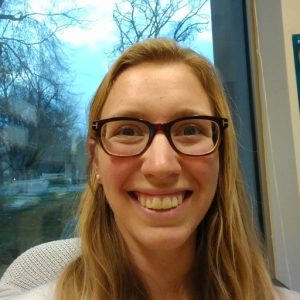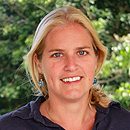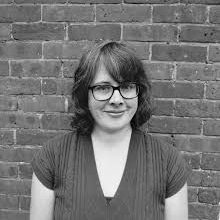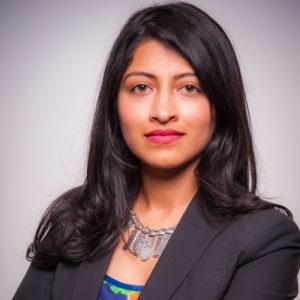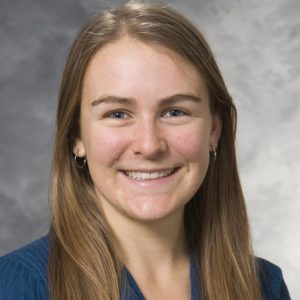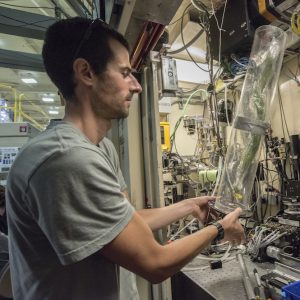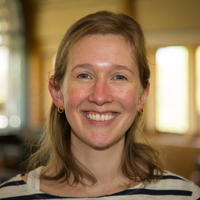Study on synchronised crop failure
By Joyce Liao on April 16, 2019
Study on synchronised crop failure
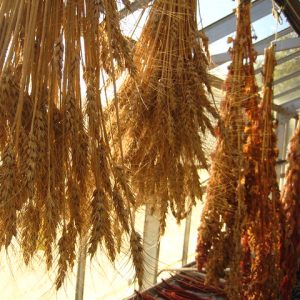
A recently published article by CSFS Research Associate Zia Mehrabi and Navin Ramankutty shows that crop failures in different regions of the world are happening simultaneously.
“When local crop failures in different regions occur simultaneously, the result can be an amplification of global food production shocks. Better understanding of the role of production synchronicity in historic food system stability is an important step towards anticipating possible future losses.” – Kirsty Lewis, Nature Ecology and Evolution
Read More | No Comments
By Salloum on April 7, 2019
Research Seminar Series
Cluster Hire in LFS Applied Biology, Sustainable Agriculture and the Environment, and CSFS at UBC Farm
Please join us for a series of exciting Research Seminars, as part of the Faculty Cluster Hire in Plant and Soil Science, co-sponsored by SAGE, APBI, and CSFS.
These ten short-listed candidates are giving seminars in May and June as part of their intensive interview process. Hailing from three countries and seven different universities, this is an exciting opportunity to hear diverse perspectives and approaches.
To schedule a meeting with any of the candidates, please contact melanie.train@ubc.ca.
Evaluation Deadline: July 7, 2019
Research Seminar Schedule:
This seminar is part of the LFS Applied Biology Faculty Cluster Hire in Sustainable Agriculture and the Environment. Ten short-listed candidates will be giving seminars in May and June as part of their intensive interview process.
Read More | No Comments
By morgan hamilton on April 7, 2019
Spring Foraging
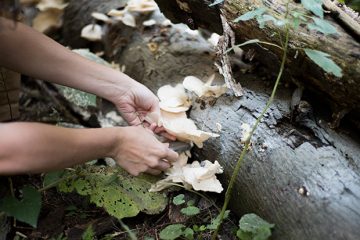
About this Workshop
How would you survive without a grocery store? Chef Robin Kort will teach you how to find wild spring treasures; food like seaweeds, winter mushrooms, edible plants, and roots that you can find in our forests, meadows, and oceans. This workshop will cover everything you need to know to safely gather, prepare and cook unique flavours found only in nature. This is an identification walk only (no picking) and includes a sampling of wild edibles and an open discussion with wildcraft expert Robin Kort.
About the Instructor
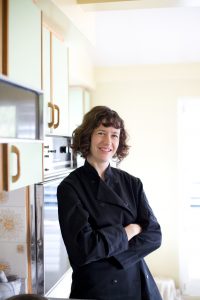
Chef Robin Kort is a professional wildcraft guide and owner of Swallow Tail Culinary Adventures. She’s worked alongside some of the cities best chefs from Hawksworth to Chef Andrea Carlson of Burdock & Co. She is a member of the Vancouver mycological society and has been running wild mushroom foraging trips and cooking classes for 6 years. Chef Robin has been interviewed for her food and wine expertise on the Food Network with Bob Blummer, CBC with Steven Quinn, Montecristo Magazine, Vancouver Magazine, the Huffington Post, Conde Nast Traveller and the Globe and Mail.
Date and Time
Thursday, May 23 | 6:00 – 8:00 pm (2 hours)
Location
UBC Farm
3461 Ross Drive, Vancouver BC
Cost
$40 ($34 student pricing) + GST
Read More | No Comments
By eileen huang on April 3, 2019
Student Profile: Morgan Hamilton
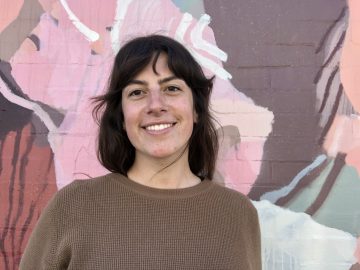
*Disclaimer: The Career Development in Land and Food Systems course is the updated title of the previously-named Career Development in Land and Food Systems Internship.
Internship:
Food Skills Intern
Supervisors:
Seth Friedman, Practicum Coordinator
What are you studying?
I am in my fourth year, studying food systems in the Global Resource Systems in LFS.
What was your role as an intern?
My role as a Food Skills Intern primarily involved scheduling and facilitating workshops. This sounds straight forward but has a lot of room for creativity. I get to brainstorm new workshops, reach out to presenters, create workshop listings, and communicate with the community members. The role feels dynamic and there is a nice mix of time behind the computer screen, and time spent with the community.
What did you get out of doing this internship?
I was able to expand my bubble outside of UBC and spend time with a diverse mix of community members and presenters. I also gained a novice skill level of a wide variety of subjects, from tanning fish leather, to making Japanese pickles, to basket weaving.
What was the most surprising thing you learned?
I learnt how not devalue my own work and properly allocate and bill my time.
Why are you interested in working within the food system?
I was initially attracted to this internship because the workshop programming includes so many forms of creativity, whether that’s cooking or storytelling. Usually, creativity within academia is so finite and exists in such specific confines and being able to have dedicated time to other forms of other creativity was so enriching and valuable.
What would you like students to know about the CSFS at UBC Farm?
I would like the students to know that there are so many opportunities to be involved on the UBC Farm and find a position that fits your own strengths and goals. Even the small connections you make can expand upon themselves in so many ways and lead to greater achievements and accomplishments. Additionally, it is so important to remember that we all have something to contribute and regardless of being students or not, our contributions are valuable and meaningful for the CSFS.
What is your favourite thing to do at the UBC Farm?
My time at the UBC Farm has been varied- from taking part in course-based labs to volunteering with BC Seeds Trials, to contributing my time to this internship. One of my favourite things to do at the UBC Farm is to observe the different ways people are experiencing the farm and all of the different realms it exists in. You can be walking around at the Farm and see a PhD student’s research happening right next to a crop that will be sold at that weekend’s Farmers’ market, and I love observing that so much can go together and grow together at the same time.
Read More | No Comments
By morgan hamilton on March 21, 2019
Making Rope from Foraged Fibre

About this Workshop
Come learn how to make your own rope for hanging succulents, making buntings, adding a personal touch to your gift wrapping, or any other functional or decorative use you can think of! Join Rebecca Graham in an exploration of one of the most ancient human skills: rope-making. This beginner-friendly, hands on workshop will teach you how to make rope from plants found in the land around us. Using local grasses, vines, and tree bark, we’ll learn to make our own twisted rope from foraged materials.
This Beginner Level Workshop will Cover the Following:
- Identification of natural fibres suitable for rope making in our local bio-region
- Hands on practice making two-ply twisted rope
- Discussion of S-twist vs. Z-twist, 4 ply, and thigh-spinning techniques
- Discussion of pre-historic and historic rope making methods
- Discussion of contemporary rope technology and commonly used fibres
About the Instructor

Rebecca Graham is an environmental artist and weaver who specializes in creating exciting connections between ancient skills and contemporary knowledge and issues. She is the artistic director of EartHand Gleaners Society. With a background in agriculture and environmental ethics and a BFA from the Nova Scotia College of Art and Design, her workshops reconnect people of all ages and abilities to the land in ways that aim to honour cultures, ancestors, First Nations, and the land itself.
Date and Time
Wednesday, May 8 | 6:30 – 8:00 pm (1.5 hours)
Location
UBC Farm
3461 Ross Drive, Vancouver BC
Cost
$40 ($34 student pricing) + GST
Read More | No Comments
By melanie kuxdorf on March 20, 2019
May 7: Is organic food more nutritious?
Is organic food more nutritious than conventional? Join visiting Prof. Dominika Średnicka-Tober as she discusses research on the quality of organic food.
Demand for organic foods is partially driven by consumers’ perception that they are more nutritious and can help them to maintain good health. Over the last 25 years, a significant number of research studies focused on comparing the concentrations of nutritionally relevant minerals, macronutrients, bioactive compounds (e.g. phenolics and vitamins), fatty acids, but also toxic metals and pesticide residues in food products coming from organic and conventional production systems.
The recently published comprehensive meta-analysis study on the composition of organic vs. conventional foods has shown that organic crops are, on average, characterized by significantly higher concentrations of antioxidants (i.e. phenolic compounds), lower concentrations of cadmium and at least four times lower incidence of pesticide residues than their conventional comparators, when compared across regions and agricultural seasons. A number of studies also showed higher levels of omega-3 fatty acids in milk from organically raised animals. Many of the bioactive compounds and beneficial fatty acids found often in higher concentrations in organic foods have previously been linked to a reduced risk of chronic diseases, including cardiovascular disease, neurodegenerative diseases and certain cancers. Negative (i.e. carcinogenic) effects of cadmium and pesticide residues found more frequently in conventional products are also well proven. On the basis of the above statements one could expect beneficial health impacts of organic compared to the conventional foods. However, the available research outcomes addressing this topic are very limited. The lecture gives an overview of published research on the quality, safety and health impacts of organic foods.
- Tuesday, May 7, 2019
- 4:00 p.m. to 6:00 p.m.
- FNH Building Room 40
- Free
About Dominika Średnicka-Tober

Dominika Średnicka-Tober is Assistant Professor in the Division of Organic Foods at the Warsaw University of Life Sciences. She was previously a Research Associate at Newcastle University in the School of Agriculture, Food and Rural Development, carrying out the meta-analysis on the composition of organic vs. non-organically produced foods. She is an author and co-author of a number of scientific publications, as well as research and educational projects in the area of quality, safety and health impacts of organic foods as well as sustainability of the food systems.
Read More | No Comments
By eileen huang on March 20, 2019
BC Food Web aims to improve access to research results and other resources to help improve the sustainability and resilience of food systems.
BC Food Web provides clear and concise briefs on research paper for producers, processors, policy-makers, educators, and the general public for free. BC Food Web intends to meet the needs of those interested in increasing the sustainability and resilience of food systems using knowledge generated through high-quality, cutting-edge research.
The briefs focuses on the implications and applications of research and are prepared by the BC Food Web team based at UBC’s Centre for Sustainable Food Systems. BC Food Web also hosts webinars, decision tools, and longer-format reports and guides, and links to food systems resources produced by other organizations.

Read More | No Comments
By Joyce Liao on March 14, 2019
Thanks for the Interest!
We received 133 applicants for our 15 Work Learn positions at the Centre for Sustainable Food Systems at UBC Farm. Positions range from food cultivation, research support, managing educational programming, and supporting our markets. We are currently contacting chosen applicants.
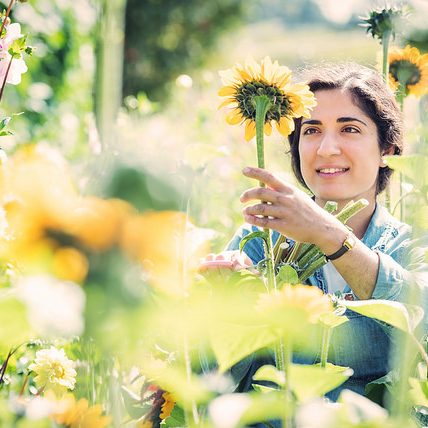
Read More | No Comments
By Joyce Liao on March 14, 2019
Feeding Growth Friends Brewing Creativity
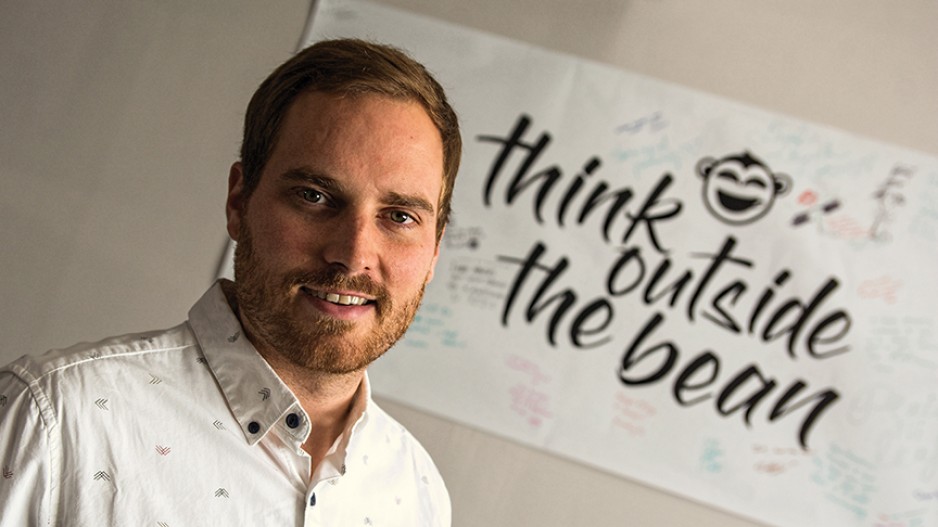
Feeding Growth Alumni, Max Rivest the co-founder of Wize Monkey and Mauricio Lozano from Faculty Brewing Co. have been featured in an article by Vancouver is Awesome.
The unique partnership has created the world’s first coffee leaf infused beer.
“Our brewery is focused on education, collaboration and innovation, and this [partnership] is where it all comes into play. – Lozano of Faculty Brewing Co.”
Learn more about
Feeding Growth, a Centre for Sustainable Food Systems initiative that supports and scales progressive BC-based food brands and entrepreneurs.
Read More | No Comments
By morgan hamilton on March 10, 2019
Making Cloth: Introduction to Hand-spinning

About this Workshop
Ever wanted to know how cloth is made? Our ancestors usually made their cloth themselves from the plants and animals in their surroundings, but today we usually don’t know where our cloth comes from, what it’s made of, or who made it. In this class, we’ll cover the first steps of making cloth: spinning on a drop spindle with the basics of the ‘park and draft’ technique; plying; understanding the key role of fiber preparation in the final outcome, and sampling a couple of different fibres, including wool from sheep, angora from rabbits, and flax from linen.
This Beginner Level Workshop Will Cover the Following:
- Basic fundamentals of fabric composition
- Discussion of spun fibers that make cloths
- Hands on practice with hand-spinning using a drop spindle
- Hands on practice with the ‘park and draft’ technique, and plying
- Samples of different fibers from plants and animals
- Discussion of contemporary basket technology and commonly found store bought fibers
About the Instructor

Rebecca Graham is an environmental artist and weaver who specializes in creating exciting connections between ancient skills and contemporary knowledge and issues. She is the artistic director of EartHand Gleaners Society. With a background in agriculture and environmental ethics and a BFA from the Nova Scotia College of Art and Design, her workshops reconnect people of all ages and abilities to the land in ways that aim to honour cultures, ancestors, First Nations, and the land itself.
Date and Time
Wednesday, May 1 | 6:00 – 8:00 pm (2 hours)
Location
UBC Farm
3461 Ross Drive, Vancouver BC
Cost
$45 ($38 student pricing) + GST
Read More | No Comments

